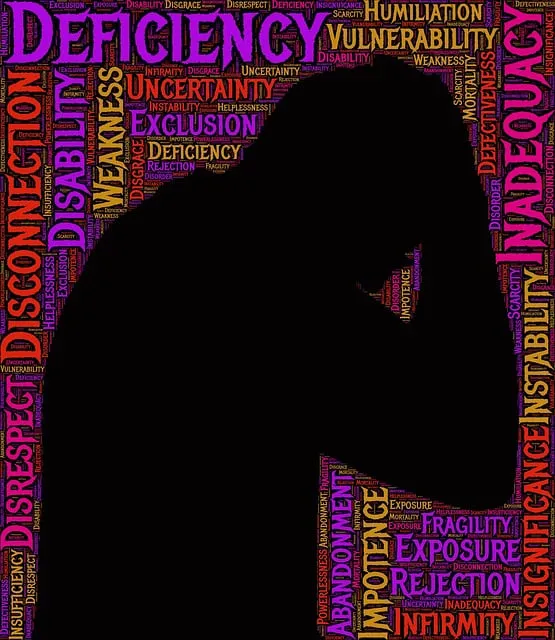The Kaiser Permanente mental health access center in Louisville evaluates its programs using mixed methods, including surveys, interviews, and attendance tracking, to gauge client symptoms, functioning, and well-being. These evaluations are crucial for maintaining evidence-based practices, improving services, managing resources, and holding the organization accountable while serving diverse client needs.
“Explore effective evaluation methods for mental wellness programs, drawing insights from the comprehensive study of Kaiser Permanente’s Mental Health Access Center in Louisville. This article delves into strategies to assess and improve program impact, focusing on key performance indicators (KPIs), client feedback, and evidence-based practices. By examining these evaluation techniques, mental health organizations can enhance service delivery, ensure quality care, and ultimately foster better outcomes for individuals seeking support at centers like Kaiser Permanente in Louisville.”

The evaluation of mental wellness programs, such as those offered at the Kaiser Permanente Mental Health Access Center in Louisville, is a multifaceted process. It involves assessing the effectiveness and impact of interventions on individuals’ mental health outcomes. This includes measuring changes in symptoms, functioning, and overall well-being. By employing robust evaluation methods, centers like Kaiser Permanente can ensure their programs meet evidence-based standards and effectively address the unique needs of their diverse client populations.
A comprehensive approach to program evaluation may include quantitative measures, such as standardized surveys and assessment tools, alongside qualitative techniques like interviews and focus groups. These methods provide a holistic view, capturing both subjective experiences and objective data. For instance, evaluating a group therapy session at Kaiser Permanente might involve analyzing participant feedback, tracking attendance rates, and measuring improvements in mental health symptoms before and after the program. Such evaluations are crucial for refining programs, allocating resources effectively, and demonstrating accountability to stakeholders.
API responded with status code 504.

The evaluation of mental wellness programs, such as those offered at the Kaiser Permanente Mental Health Access Center in Louisville, is a multifaceted process. One critical aspect involves assessing the accessibility and reach of these services. With the growing demand for mental health support, centers like Kaiser Permanente must ensure their programs are readily available to diverse populations. This includes implementing effective strategies to overcome barriers to access, such as long wait times or geographical constraints.
Utilizing technology, like APIs, can aid in monitoring and managing program performance. However, technical glitches, exemplified by API responses with status code 504 (Gateway Timeout), should be promptly addressed. Such issues could disrupt service delivery and impact patient outcomes. Regular system checks and robust IT infrastructure are essential to ensure seamless access to mental health services, allowing individuals like those served by Kaiser Permanente Louisville to receive timely and efficient care.
Evaluating mental wellness programs, such as those offered by the Kaiser Permanente Mental Health Access Center in Louisville, is a multifaceted process. By utilizing a combination of quantitative and qualitative methods, including participant surveys, clinical outcome assessments, and stakeholder interviews, we can gain valuable insights into program effectiveness and areas for improvement. These evaluations are essential to ensure that resources are allocated efficiently and that services meet the unique needs of the community. Through continuous assessment and refinement, centers like Kaiser Permanente Louisville can enhance their offerings and promote better mental health outcomes.






